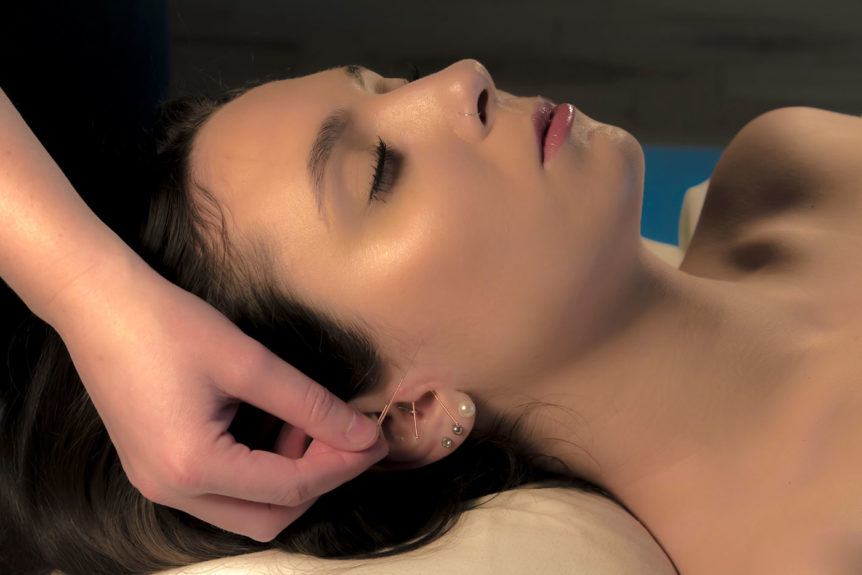
Acupuncture
The practice of acupuncture originated in China several thousands of years ago and has been utilized side by side with western medicine in China for nearly a century. Since its origin, the practice of traditional Chinese acupuncture has been adopted by healthcare providers globally and is used successfully in combination with western medicine and in cases where western medicine has failed.
How does it work?
The insertion of very fine needled into acupuncture points stimulates movement and balance of qi (pronounced chee) in the body. Qi is our vital energy which flows through a series of channels (meridians) like water flowing down a river. In health, qi flows smoothly throughout these networks nourishing our organs and tissues. Over time—due to physical trauma, emotional trauma, harmful food, chronic stress, etc.—we can develop blockages in these meridians. These obstructions cause qi to become stagnant or to flow in the opposite direction disrupting the body’s innate balance and causing illness. Acupuncture assists by clearing blockages and restoring balance. Modern science has been able to show that acupuncture stimulates the release of endorphins—the body’s natural pain killers. In addition, acupuncture decreases inflammatory proteins in the body thereby reducing pain and tissue damage.
Common conditions treated
While this list certainly isn’t exhaustive, here are some of the more common conditions for which acupuncture is effective.
- Headaches, including migraine headaches
- Arthritis
- Muscle tension/spasm
- Sprains and strains
- Tendonitis/bursitis
- Back pain
- Myofascial trigger points
- Plantar fasciitis
- Fertility
- Fibromyalgia
- Urinary incontinence
- Stress and anxiety
- Insomnia
- Sinus congestion/allergies
- Gastrointestinal upset
- Pregnancy support (morning sickness, breech babies, overdue babies, preparation for labour)
Frequently asked questions
- Does it hurt?
Acupuncture is a gentle and treatment and is very well tolerated. Acupuncture needles are very fine (about the diameter of a hair) with a rounded tip allowing for quick and smooth insertion through skin and muscle. Some patients report mild discomfort only as the needle is inserted. During the treatment you may feel a dull ache or a warming sensation at the site of the needle—both of which are normal and healthy reactions!
- Is it safe? Are there side effects?
Acupuncture is both safe and effective with very few adverse effects. Occasionally, mild bleeding and bruising occurs at the needle site. Other possible, yet uncommon, adverse reactions include nausea and fainting.
- How long will the needles stay in?
Treatment duration varies case by case depending on each patient’s unique needs. Generally the needles are retained anywhere between 15-30 minutes.
- Are the needles re-used?
No. All of our needles are single-use, sterile disposable needles.
Share this Post
